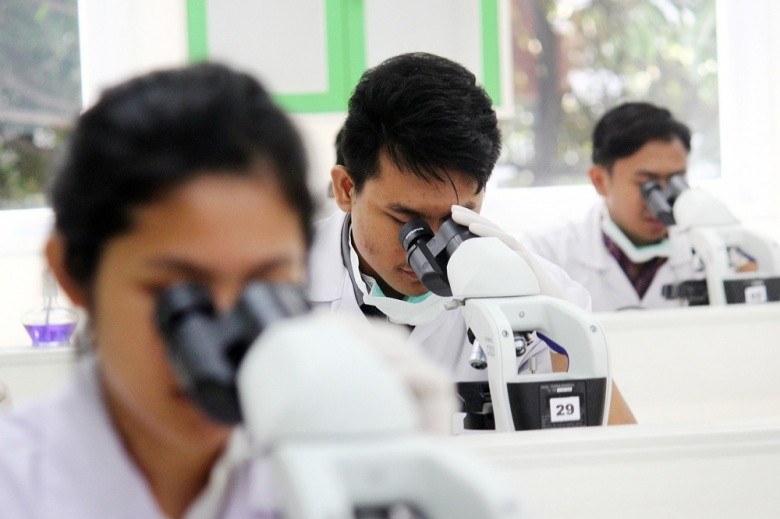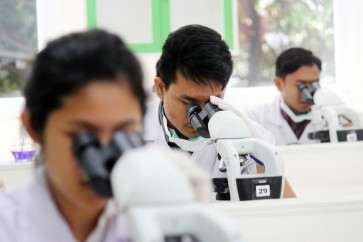Popular Reads
Top Results
Can't find what you're looking for?
View all search resultsPopular Reads
Top Results
Can't find what you're looking for?
View all search resultsUniversities as engine of sustainable development
Universities play a vital role in producing knowledge, data, innovations and above all, human resources that can lead the world toward achieving sustainability for Earth and human civilization.
Change text size
Gift Premium Articles
to Anyone
D
espite staggering economic growth and phenomenal technological advancements from the beginning of the Industrial Revolution in the 18th century until 2019, just before the COVID-19 pandemic, no less than 3 billion people, or 37 percent of the world’s population, lived in poverty with daily spending of less than US$2, while around 1 billion people lived in abject poverty and 700 million went hungry (United Nations Development Programme, 2020).
As of today, barely half the world’s poorest have access to electricity and only one in five have access to the internet (UN, 2023).
Over the same period, the world economy also became highly unequal. For instance, in 2010, the world’s richest 388 people owned more wealth than the entire bottom 50 percent of the world’s population (3.3 billion people). In 2017, this group of people owning more wealth than the bottom half of the world’s population shrank to just eight people.
This yawning income gap has occurred not only between countries, but also within countries (Oxfam International, 2019). Developed countries, which account for only 18 percent of the world’s population, currently consume around 70 percent of the world’s energy, of which the majority (87 percent) came from fossil fuels, according to 2022 data from the Intergovernmental Panel on Climate Change (IPCC).
More alarming is the fact that the past 270 years of economic growth caused massive environmental degradation resulting in the triple ecological crisis of environmental pollution, biodiversity loss and global warming.
To some extent, similar economic and ecological degradation has also been occurring in Indonesia.
Indeed, since independence on Aug. 17, 1945, living conditions in the nation have improved significantly. For instance, Indonesia’s gross domestic product (GDP) jumped from only $150 billion in 1950 to $1.2 trillion in 2022, making it the 16th largest economy in the world (World Bank, 2022). The poverty rate dropped from 60 percent in 1970 to 9.5 percent in 2022 (BPS, 2022).
















